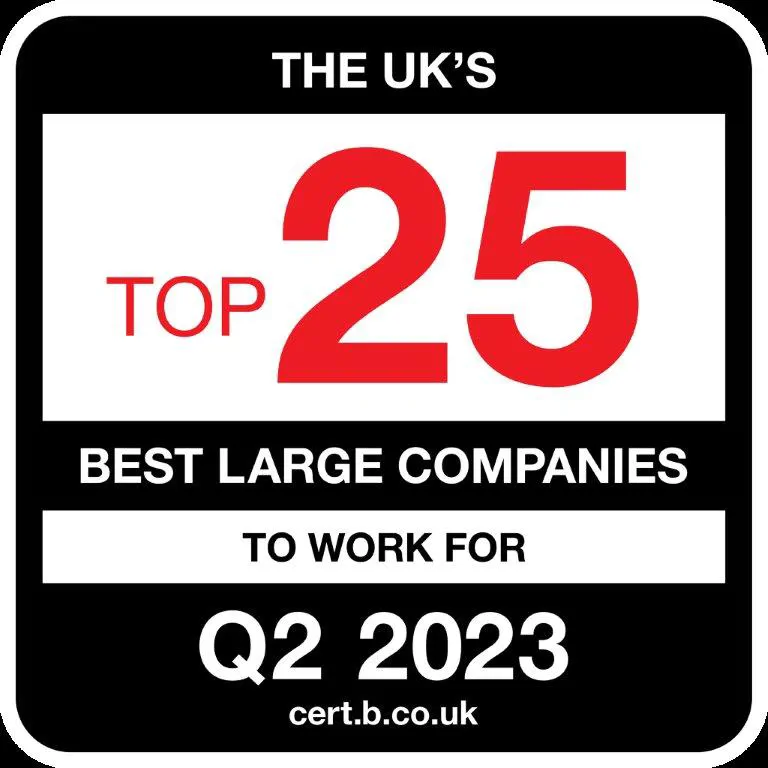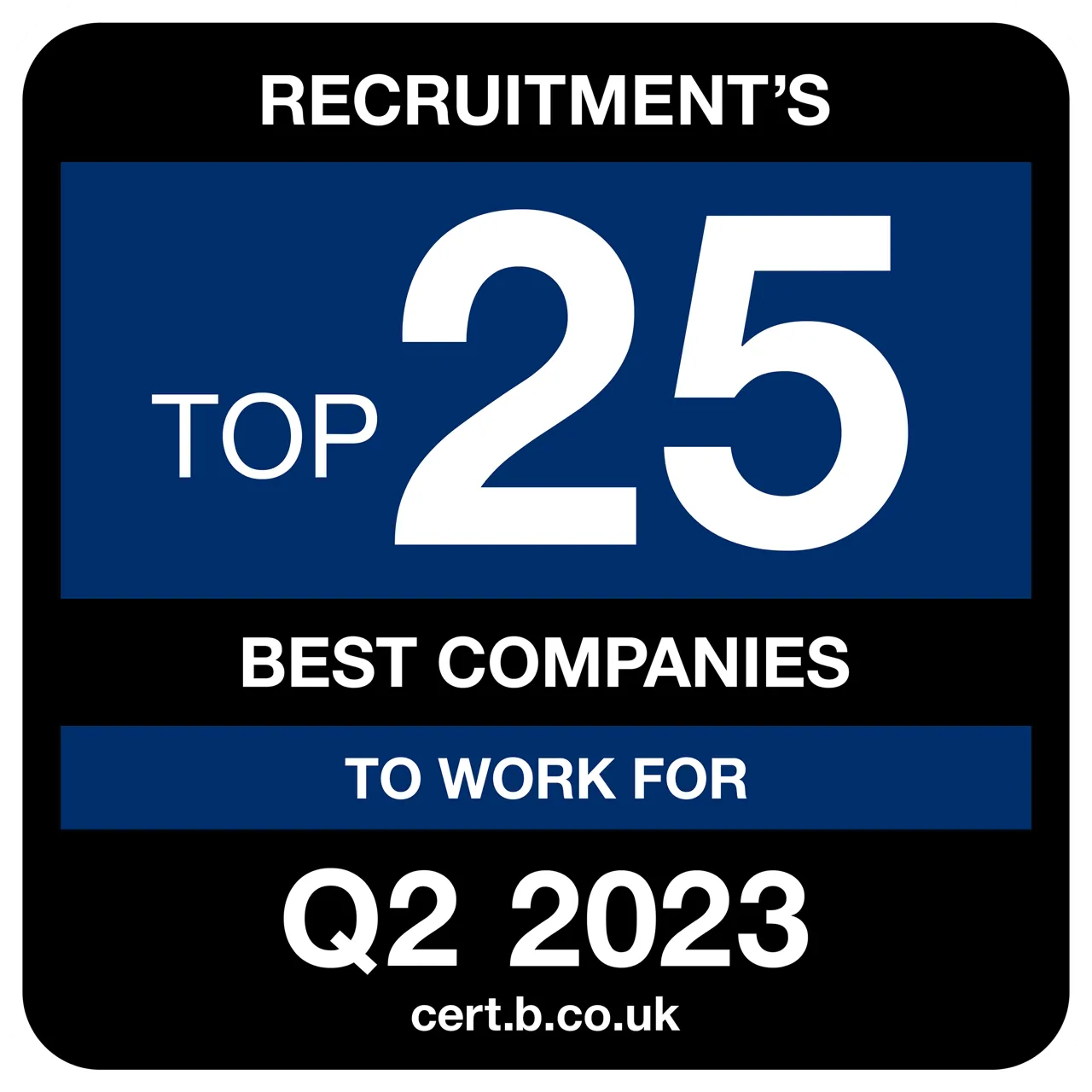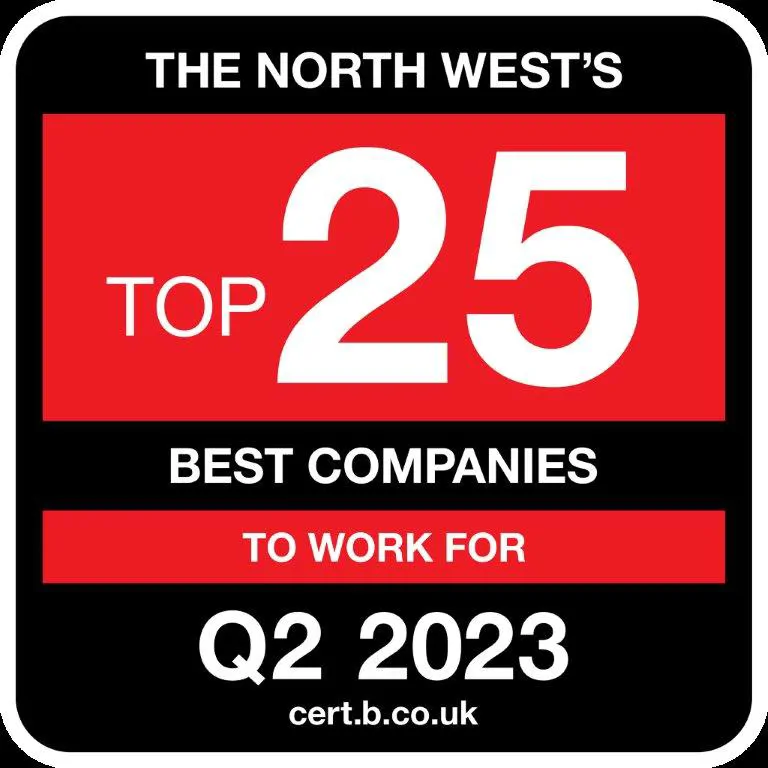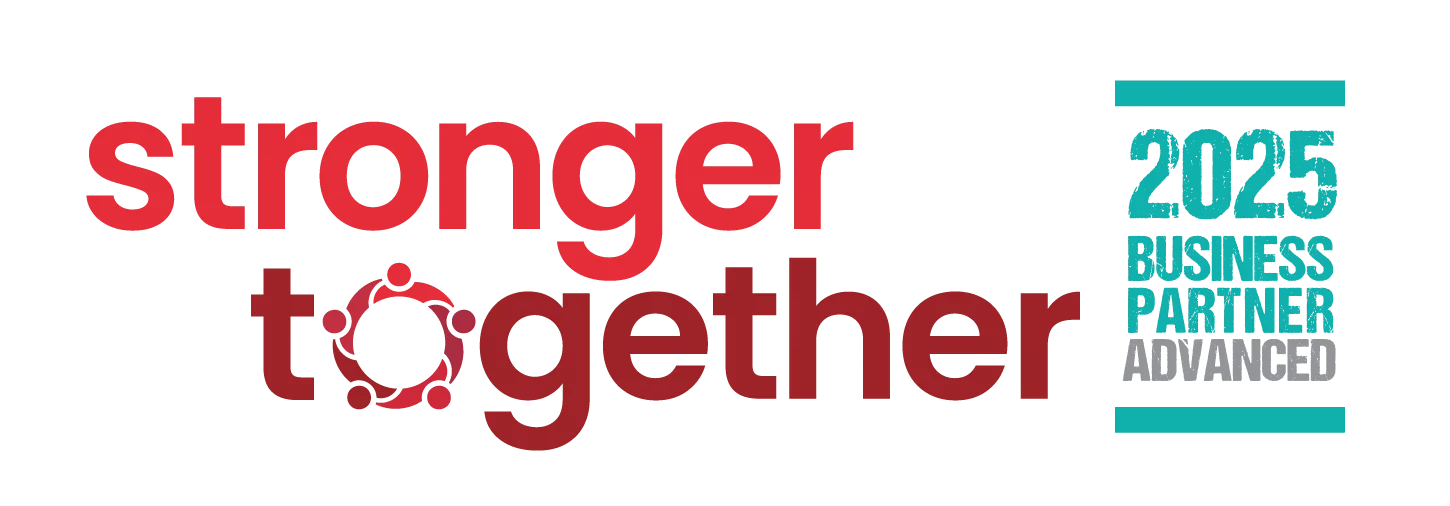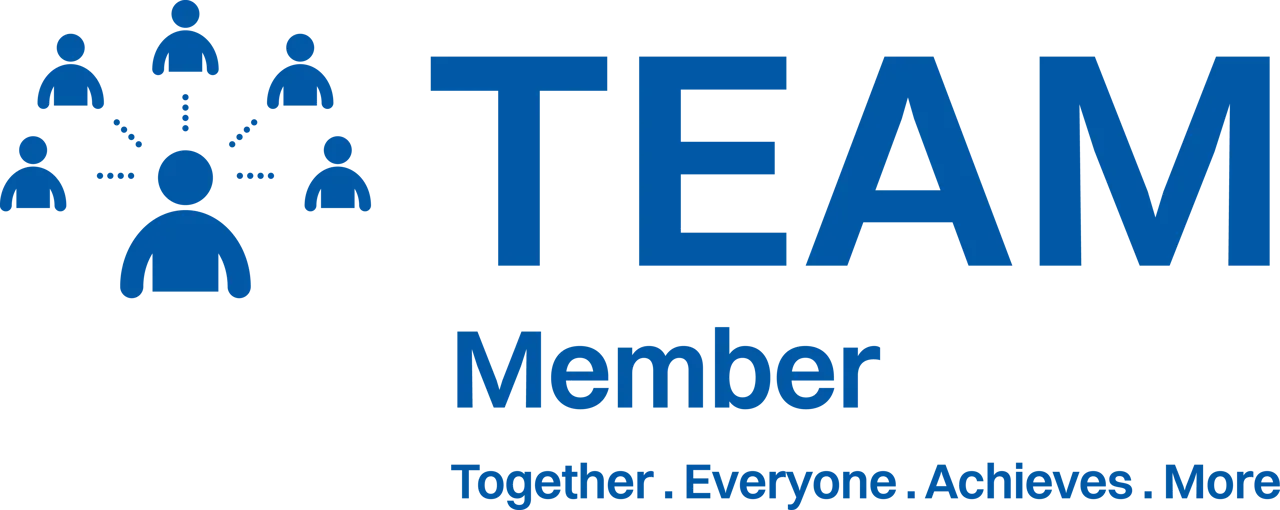the importance of equality and diversity in the workplace
29 Jul, 20206 minutesThe Importance of Equality and Diversity in the Workplace Equality and diversity in the wo...

The Importance of Equality and Diversity in the Workplace
Equality and diversity in the workplace mean a lot of things. They're about respecting your staff for their individual age, gender, race, cultural background, career experience, skills, beliefs (religious and philosophical), sexual orientation, and more. But when we ask, "What is diversity in the workplace?" is it simply a matter of ticking every box and then doing nothing more? No, it's far more than that. In this blog, we're going to look at why promoting equality and diversity in the workplace can boost your business's chances of success.
Research on the importance of equality and diversity in the workplace
The Equality Act 2010 protects people from discrimination related to any protected characteristics - of which there are nine.
- Age
- Disability
- Gender reassignment
- Marriage and civil partnership
- Pregnancy and maternity
- Race
- Religion and belief
- Sex
- Sexual orientation
Hiring people from all kinds of backgrounds widens the range of thinking that takes place in your office. When you put a group of very different people (but all of them talented) in a room, you're stimulating their creativity by allowing them to present their unique ideas.
In 2017, the Havard Business Review published an article about research that suggested that "cognitively diverse" teams solve problems faster than "cognitively similar" teams. The researchers pointed out that creating a company culture where you inspire and encourage your staff to express their unique thoughts and ideas needs to go hand-in-hand with the diversity of your people.
This is because, "When we have a strong, homogeneous culture, we stifle the natural cognitive diversity in groups through the pressure to conform." In plain English, this means that people can't access their creativity as effectively when your workplace culture forces them to fit in.
Why else is diversity in the workplace important?
- A diverse workforce will help you better understand your customers
- A diverse workplace breaks down language barriers
- Promoting equality and diversity can increase employee satisfaction
If you want your business to appeal to all kinds of customers all over the globe, and be inclusive of all protected characteristics, a diverse workforce will give you the competitive upper hand over many rival companies.
For example, in the UK, the combined disposable income of the country's almost 14 million disabled people in 2017 was around £249 billion. Given that a massive number of UK citizens have a disability, the benefit both to this large portion of society, and to businesses, comes in the form of integrating disabled workers into business. For any successful product or service, effective design involves knowing the customer as well as possible, and tailoring the design to the user - not the other way round.
The less a person has to do to adjust to your product, the better your design. This is the same whether you're designing a new smartphone or a legal services package.
Obviously, English is a popular language. But it's not the only language your business needs fluency in if you're going to offer a global service. With employees from different nationalities, you can take your business to new shores.
If your company has employees from multiple nations too, it's relatable to a greater audience around the world - this is even more important in today's Digital Age, now that it takes just a few seconds to send a message to, or video call with, someone 10,000 miles away.
By opening your organisation's recruitment up to racial diversity (and all other forms of diversity), you get access to a larger talent pool.
In the UK, many large businesses now have to disclose information about their gender pay gaps. This means talented workers can review your company's pay gap before they think about applying to your job advert.
If you can demonstrate that you're moving towards an equality of pay for men and women, you'll attract more skilled workers. The more skilled workers you have, the better your company's chance of success. And the more you can reward your employees.
In summary, by actively encouraging equality and diversity, your organisation can benefit from:
- a varied workforce, where employees with roots in other countries or cultures can help build relations with a wider range of customers, allowing marketing of products and services more appropriately and sensitively
- a more efficient workforce due to shared values amongst workers where an environment of fairness, dignity, tolerance, and respect prevails
- access to a wider pool of talent for recruitment – ensuring the best person is selected for the job
- a more accommodating work environment, where employees can achieve a good work-life balance through arrangements that suit both parties when outside influences affect the worker – i.e. flexible hours due to childcare arrangements or working from home where agreed while on long-term sick
Sources: Bright HR/Tutorcare





